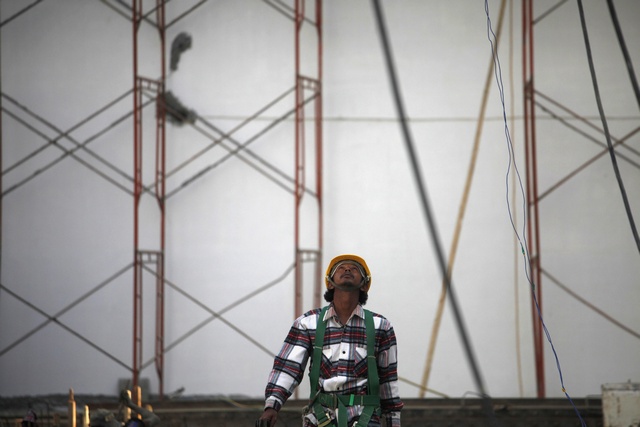Thai entrepreneurs should tap into Burma’s high growth potential, business leaders say.
However, competition has grown intense as Burma welcomes other foreign investors, forcing some Thai businesses to seek local partners in order to make it easier to do business there.
“Although Burma is open to foreign investors, laws and regulations are still not stable and can be changed any time. So investors should find local partners in order to help understand the changing business and political circumstances in Burma,” said Panitarn Pavarolavidya, chairman of the Thai-Myanmar [Burma] Business Council.
SET-listed Millcon Steel Plc was one of the first Thai businesses to seek a local partner before investing in factories to serve rising demand due to huge infrastructure projects in Burma.
Millcon set up a US$15-million joint venture in Thilawa’s special economic zone and has developed all infrastructure to be ready for investment, president and chief executive Sittichai Leesawadtrakul said.
The joint venture is 45 percent owned by Millcon, with Thai General Engineering Construction Plc holding 45 percent and local partners 10 percent.
Mr Panitarn said steel consumption in Burma remained low at 2-3 million tonnes annually.
However, there is plenty of room to grow with the government accelerating investment in construction and infrastructure projects, signalling demand for construction steel will rise sharply, he said.
“We have prepared land for factory expansion in the Thilawa SEZ, as we expect demand will increase in the coming years,” Mr Panitarn added.
Kriangkrai Kanjanapokin, co-chief executive of major events provider Index Creative Village Plc, said competition in Burma was fierce.
Many foreign investors are now tapping the growing demand, he said.
With rising competition, Thailand ranks as Burma’s sixth-largest investor, falling from second place in recent years.
[related]
“Thai investors have spent too much time dithering, and that’s made us lose our first-mover advantage,” Mr Kriangkrai said.
“Now there are many investors including Japanese, Chinese and Singaporeans whom we have to compete with.”
This article was originally published on Bangkok Post on 18 August, and can be found here.



